Religion can be a touchy subject, especially when there are centuries of differences, disagreements, and sometimes conflicts between denominations. If you grew up Protestant, there are probably some things you may have heard about the Catholic Church that, well, aren’t entirely accurate. Here are some of the things you might get wrong, so you can gain a better understanding of this major branch of Christianity.
1. Catholics pray to Mary and the saints.
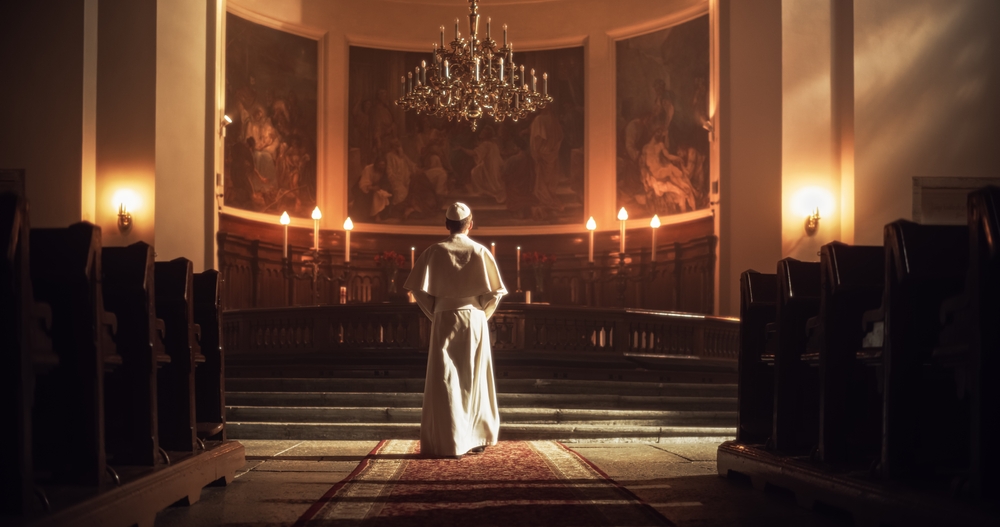
Let’s clear this one up right away. Catholics venerate Mary and the saints, meaning they honor them and ask for those holy figures to pray on their behalf to God. Think of it like asking a particularly devout friend to pray for you – you’re not worshiping your friend, you’re recognizing their special connection to faith and asking for their support. Direct worship is always reserved for God alone.
2. Catholics worship idols.
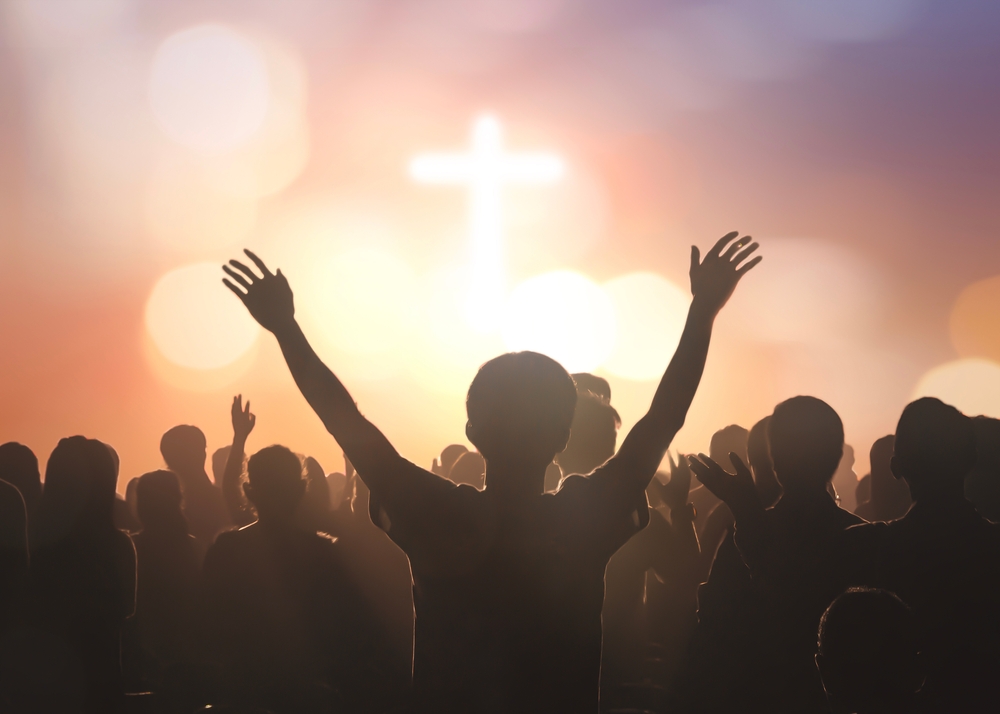
You see statues of saints and the Virgin Mary in Catholic churches and might assume this is idol worship. It’s about representation, not replacing God. Statues are visual reminders of important figures in the Church’s history, their sacrifices, and the virtues they exemplified. Like how you might keep a photo of a beloved grandparent on your desk, it’s not about the object itself, but what it symbolizes.
3. Catholics believe they can earn their way into heaven by doing good deeds.
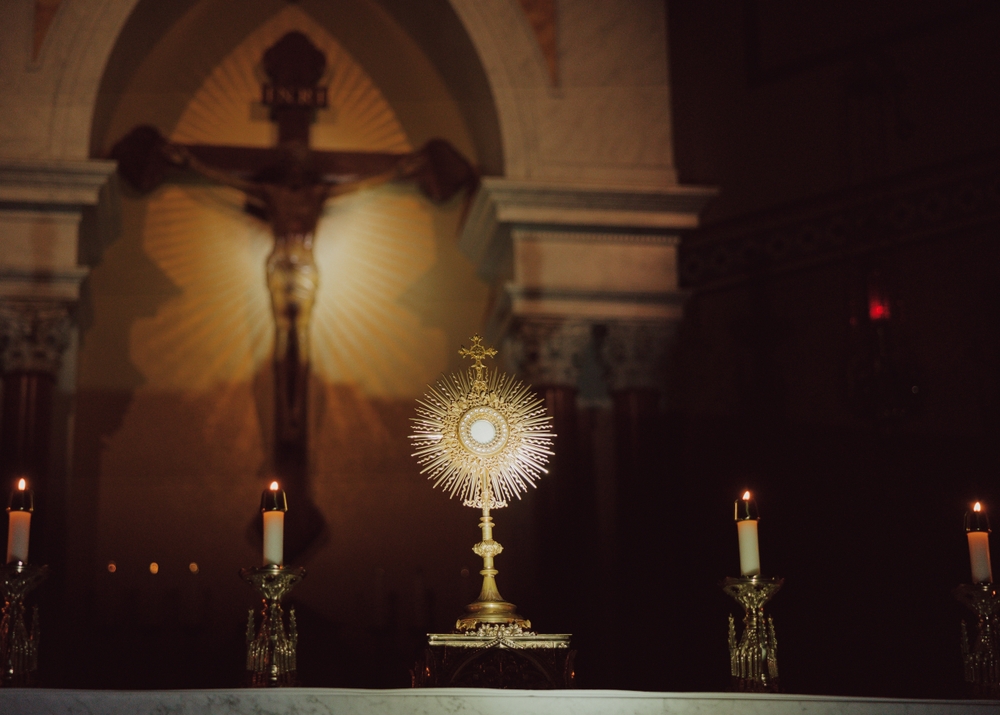
This misunderstanding is rooted in how justification is understood. Salvation in the Catholic tradition is through faith in Jesus Christ and God’s grace. But good works matter! They’re seen as the natural outcome of genuine faith, not a ticket you buy to get into heaven. Think of it as faith being the heart of salvation and good deeds being the proof that your heart is truly transformed.
4. Catholics “confess their sins” to a priest and he can absolve them.
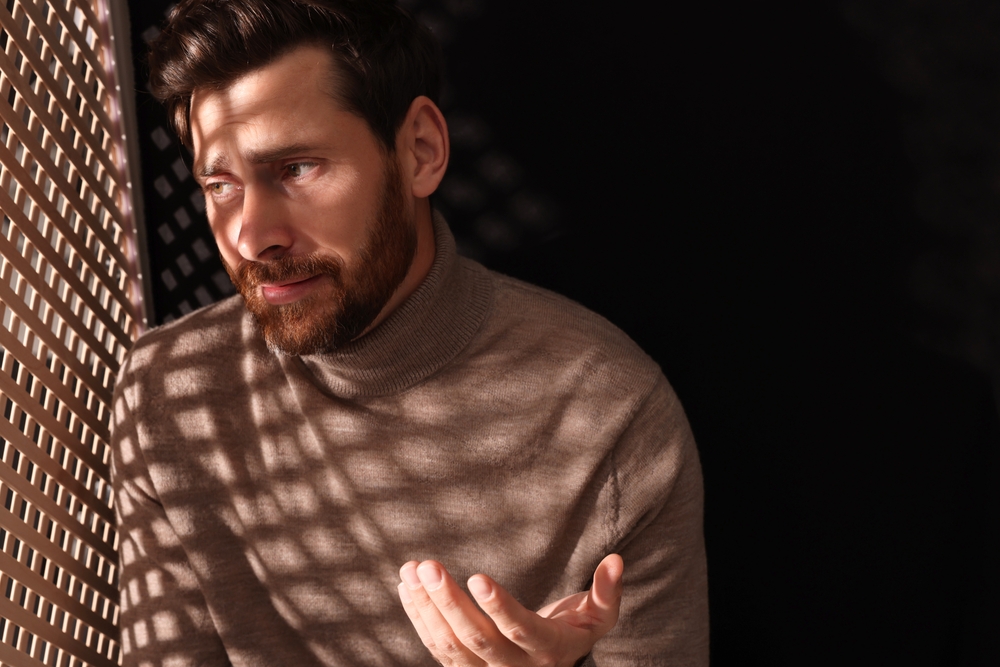
The sacrament of confession is more nuanced than “Father forgive me, I messed up.” It’s a multi-step process. The penitent (person confessing) examines their conscience, feels sincere remorse, confesses their sins, receives absolution from the priest (which symbolizes God’s forgiveness), and is given penance (usually prayers or actions) to help make amends and strengthen their faith.
5. Catholics follow the Pope blindly.

There’s a misconception that Catholics have to agree with everything the Pope says. Papal infallibility is a specific concept. It means when the Pope formally declares a doctrine concerning faith or morals from the Chair of St. Peter (i.e., in an official capacity), he speaks without error. However, day-to-day comments, his political views…those are up for debate like any other leader and their opinions.
6. Catholics made up the extra books in their Bible.
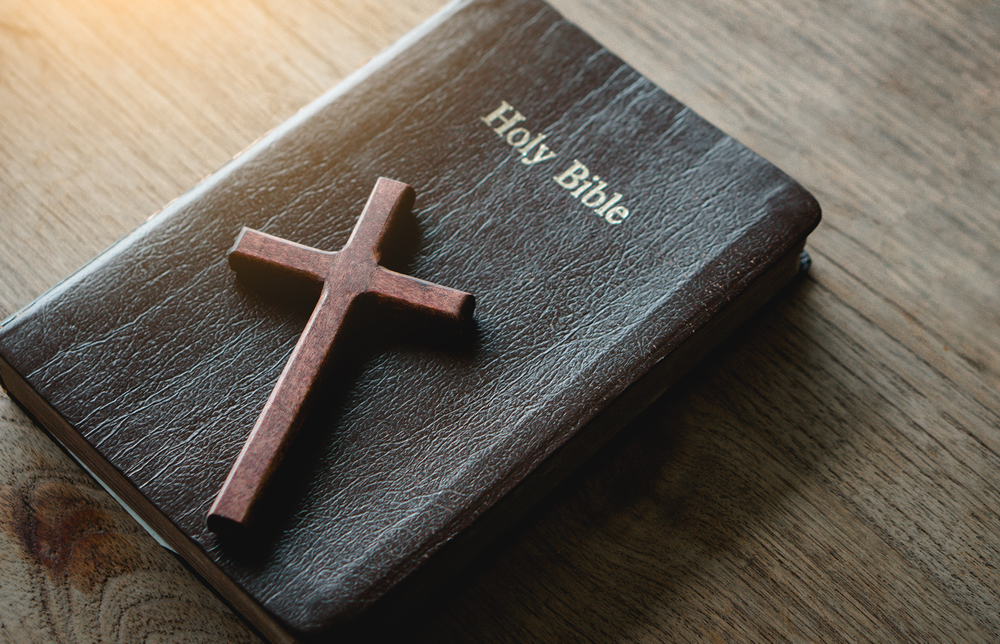
Those extra books in the Catholic Old Testament (Judith, Tobit, etc.) are called Deuterocanonical, meaning “second canon.” They weren’t made up by the Catholic Church but existed in early Judaism. Different Christian denominations, through history, developed slightly different canons of Scripture. It’s more about those books being removed from the Protestant Bible than added to the Catholic one.
7. The Catholic Church is stuck in the past and opposes all social progress.
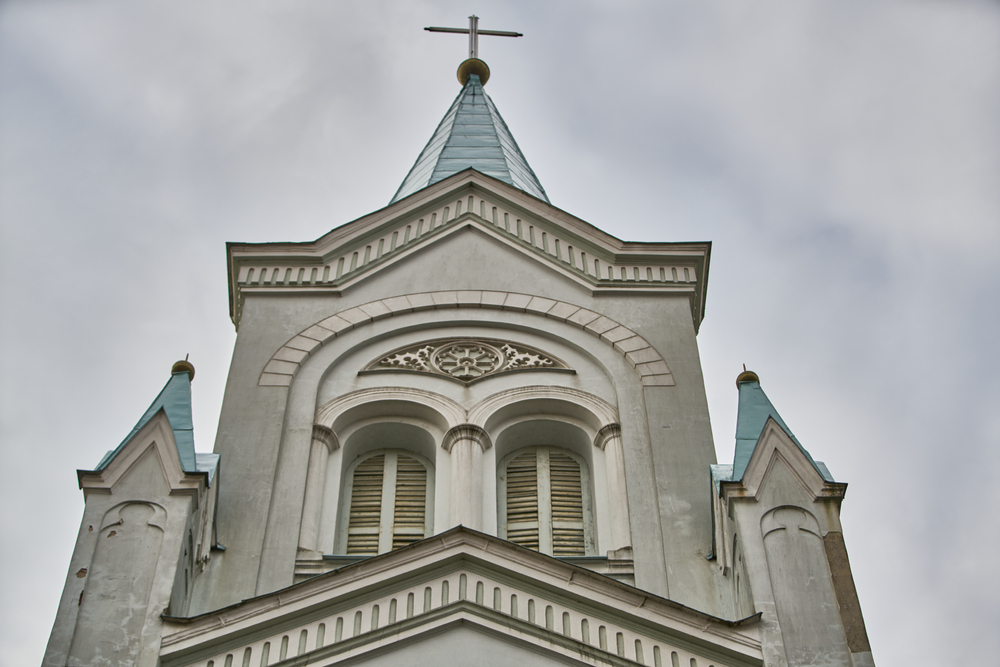
While the Catholic Church certainly upholds tradition, that doesn’t mean it’s frozen in time. Take Pope Francis – he’s spoken out on environmental issues, poverty, the refugee crisis…far from being stuck in the past! There’s debate within the Church itself (just like in most organizations), with views from conservative to progressive. It’s important to avoid painting 1.3 billion+ people with a single brushstroke.
8. The Catholic Church hates other Christian denominations.
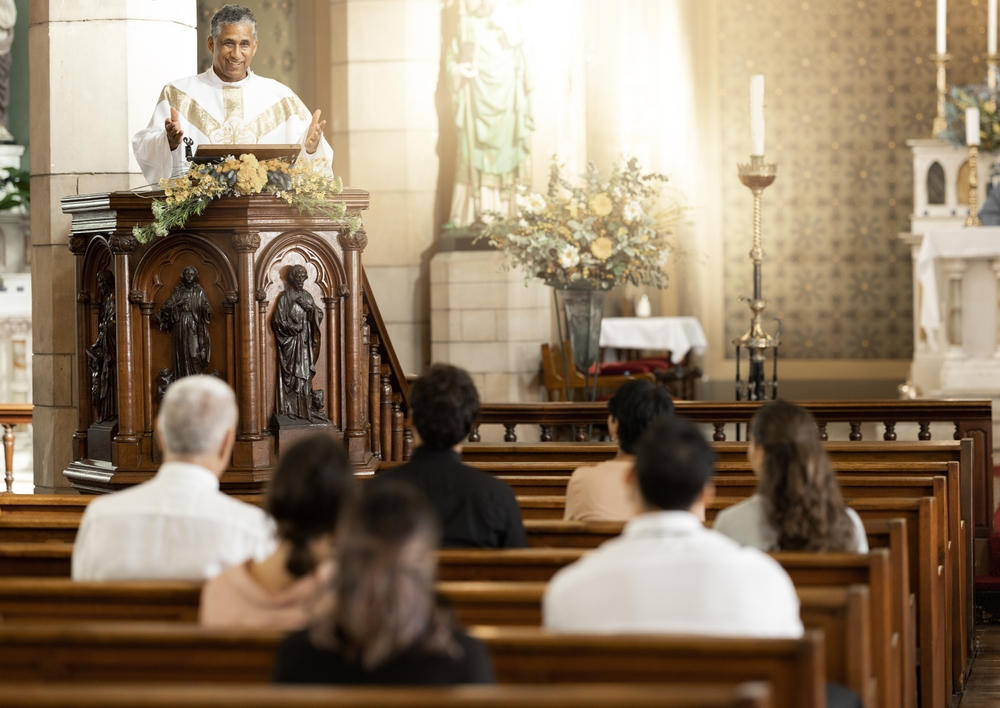
Animosity from the past, sadly, still colors some views on both sides. However, modern Catholicism prioritizes ecumenism – unity and improved relationships between Christian denominations. Vatican II, a huge Church meeting in the ’60s, made this a focus. While theological differences remain, most Catholics view Protestants as brothers and sisters in Christ, even if the family squabbles sometimes.
9. Catholics believe every word of the Bible is literally true.
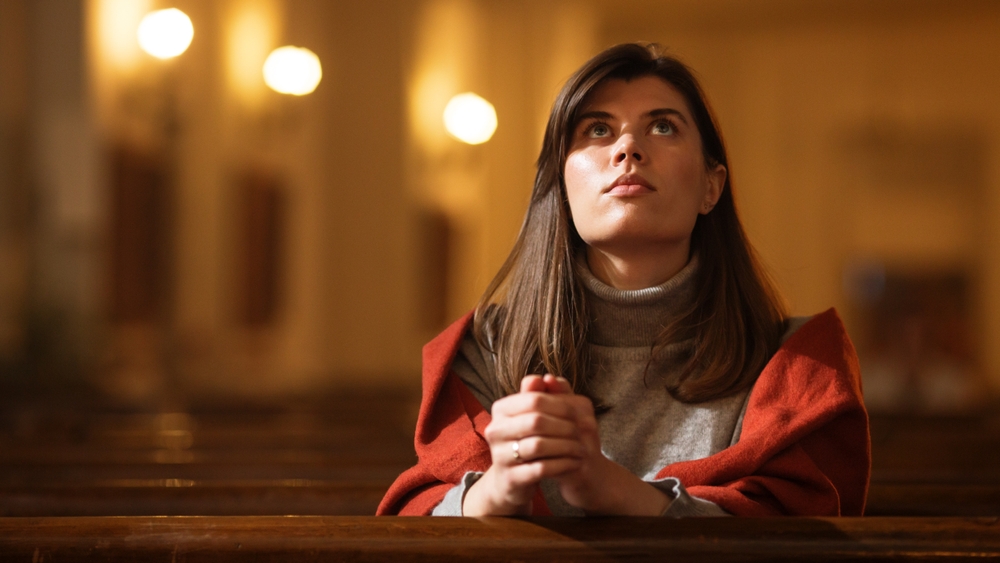
Nope! Catholicism uses diverse approaches to scripture. Some parts are understood more literally, others as poetic, symbolic, or written within the context of their ancient time period. There’s room for nuance and the belief that the Holy Spirit continues to reveal the deeper meaning of Biblical texts over time, with the help of theologians and scholars. It’s definitely not a “my way or the highway” approach to the Bible.
10. The whole Catholic Mass is in Latin.
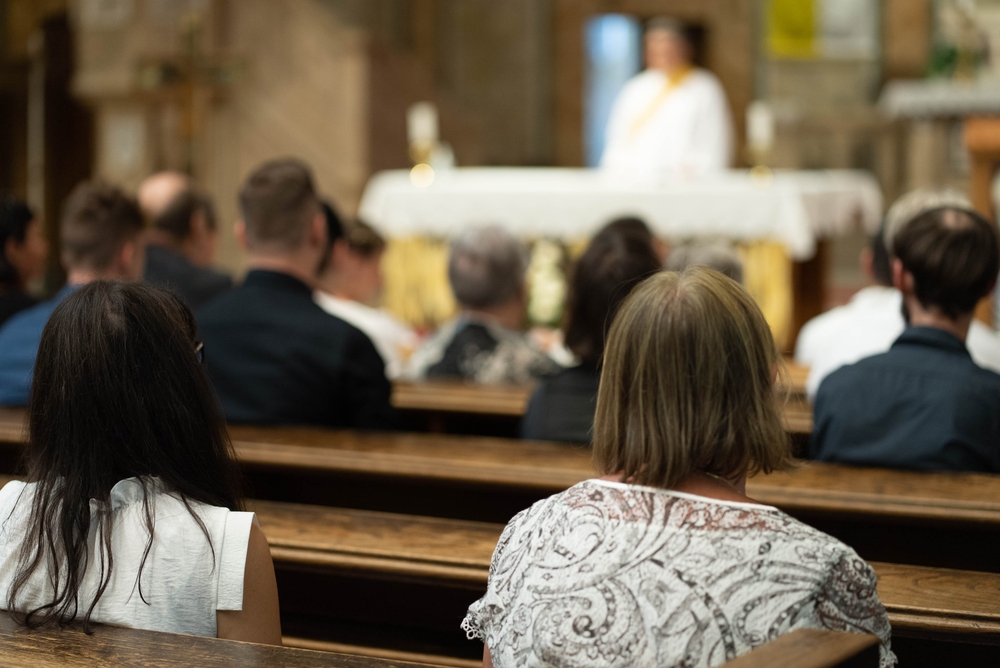
This was true way back in the day, but the Second Vatican Council changed the game! Now the Mass is celebrated in the local language of the people attending. Latin is reserved mainly for certain prayers, hymns, and official Church documents for consistency across translations, but it’s definitely not the dominant language during a typical Catholic service.
11. Only priests can study and interpret the Bible.
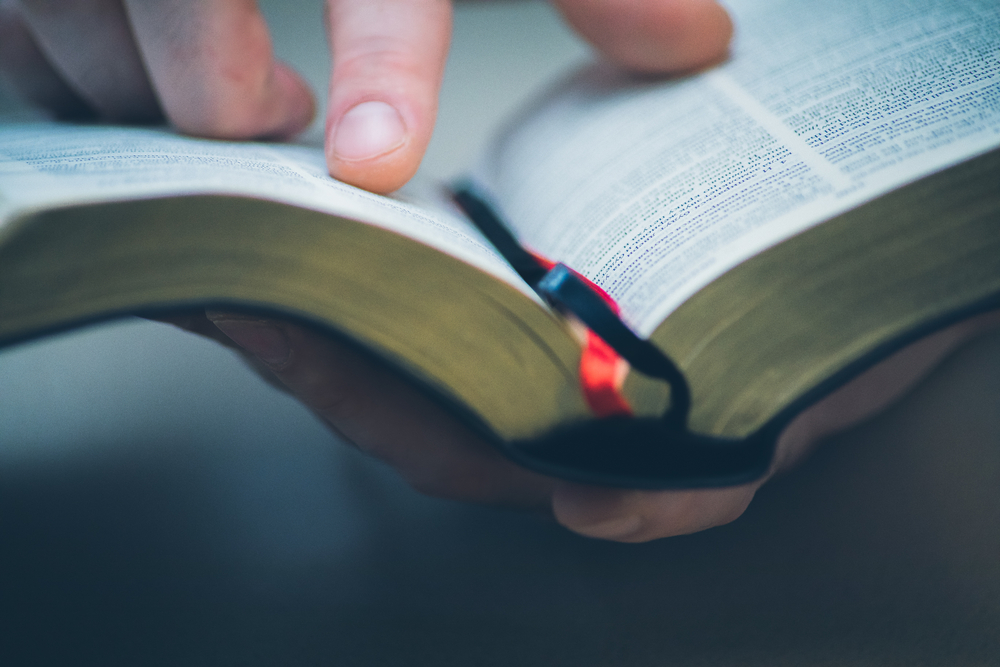
Not at all! While priests have extensive theological training, Catholics are encouraged to read and engage with the Bible themselves. Bible studies, prayer groups centered around Scripture, and resources written for laypeople are widely available in the Catholic Church. The idea is for the Word of God to be accessible to everyone, not just the clergy.
12. Catholics just follow rules and rituals without a personal connection to Jesus.
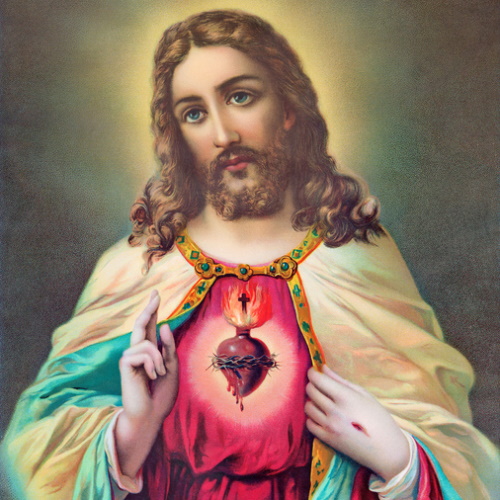
External practices are definitely important in Catholicism, but internal faith matters most. The rituals and sacraments are meant to be channels of grace, deepening the believer’s connection to Jesus, not a replacement for that relationship. Many Catholics have a deep personal devotion to Christ, expressed both within church rituals and their private prayer lives.
13. If you leave the Catholic Church, you’re automatically going to hell.

Nope! The Catholic view on salvation is complex and ultimately up to God’s merciful judgment. Leaving the Church is serious, as Catholics believe it’s the Church founded by Christ with the fullness of truth, but it doesn’t automatically damn a person. Individual belief, actions, and the state of a person’s soul before God are what ultimately matter.
14. Catholics think they’re better than everyone else.
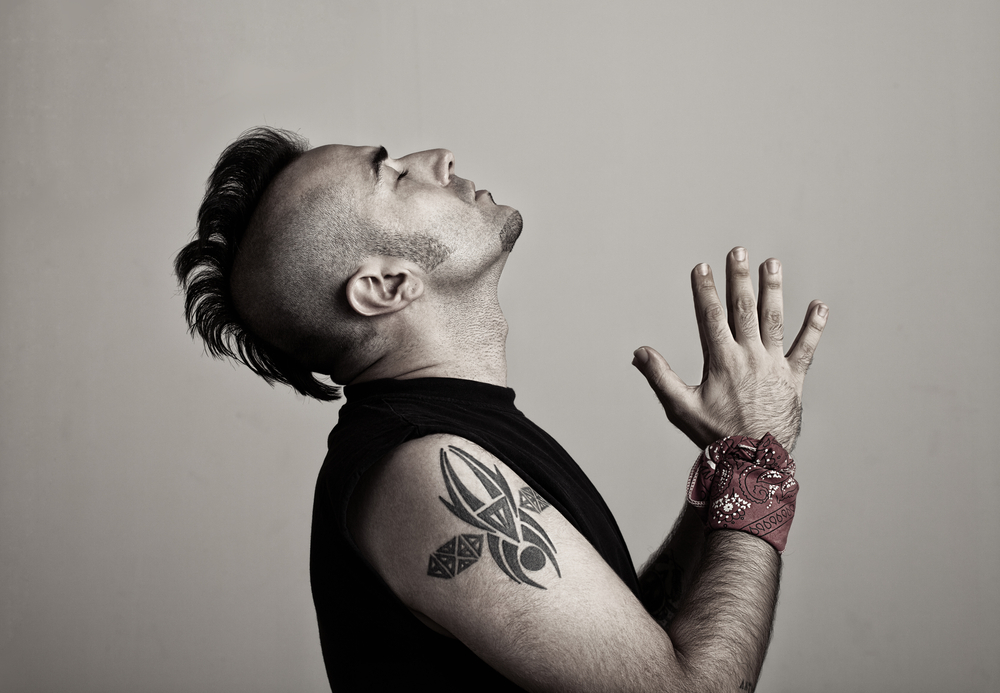
Sure, there might be a few with a superiority complex (every group has ’em!), but the Church itself teaches humility. Catholicism sees itself possessing the fullness of Christ’s Church, but this doesn’t make individual Catholics superior. It’s about a responsibility to share that truth with others, out of love and a desire that everyone can experience the fullness of faith, not about feeling better than those who believe differently.
15. Catholics aren’t allowed to use birth control.
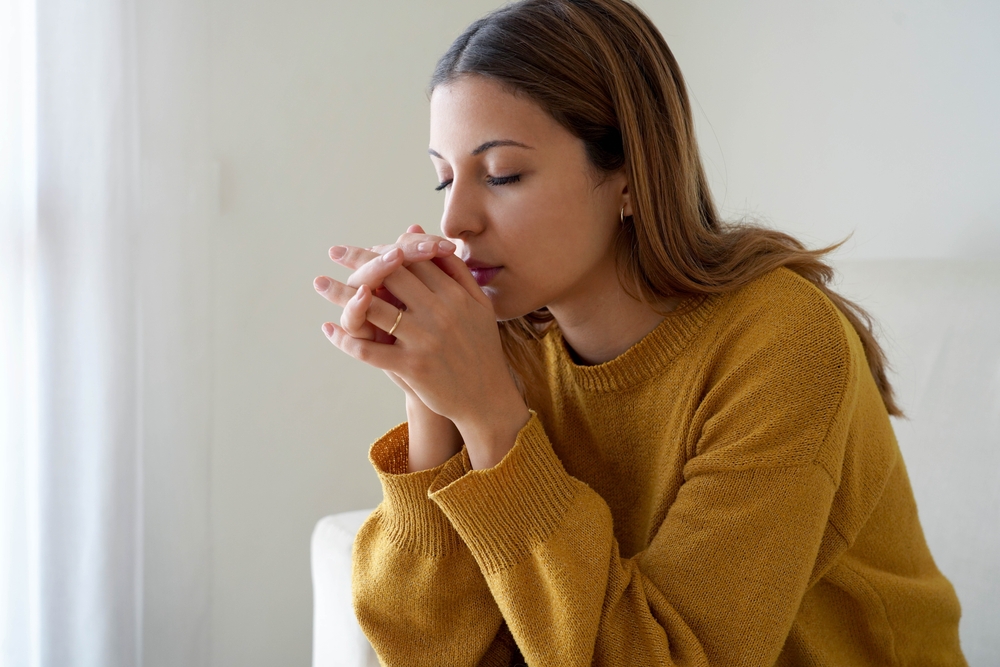
Technically, the Church teaches that artificial birth control is morally wrong. However, most Catholics themselves don’t strictly adhere to this teaching. It’s one of those issues where there’s a gap between the official doctrine and how most people actually live their lives. The Church also fully supports Natural Family Planning for couples seeking to avoid or achieve pregnancy in accordance with their faith.
16. Catholics believe the bread and wine REALLY turn into Jesus’ body and blood.

Yes! This is the doctrine of transubstantiation. While the bread and wine keep their outward appearance, Catholics believe the substance changes into the true body and blood of Christ during the consecration at Mass. It’s a mystery of faith, not something intended to be fully explained in scientific terms.
17. Catholics aren’t REAL Christians.

Ouch. This one stings, and thankfully, most people have moved beyond this kind of extreme view. Catholicism is the oldest and largest branch of Christianity. To say they’re not “real” Christians misunderstands the foundation of the faith – belief in Jesus Christ as Lord and Savior. Theological disagreements exist, but that’s true between many Christian denominations!
18. Catholics don’t have fun.
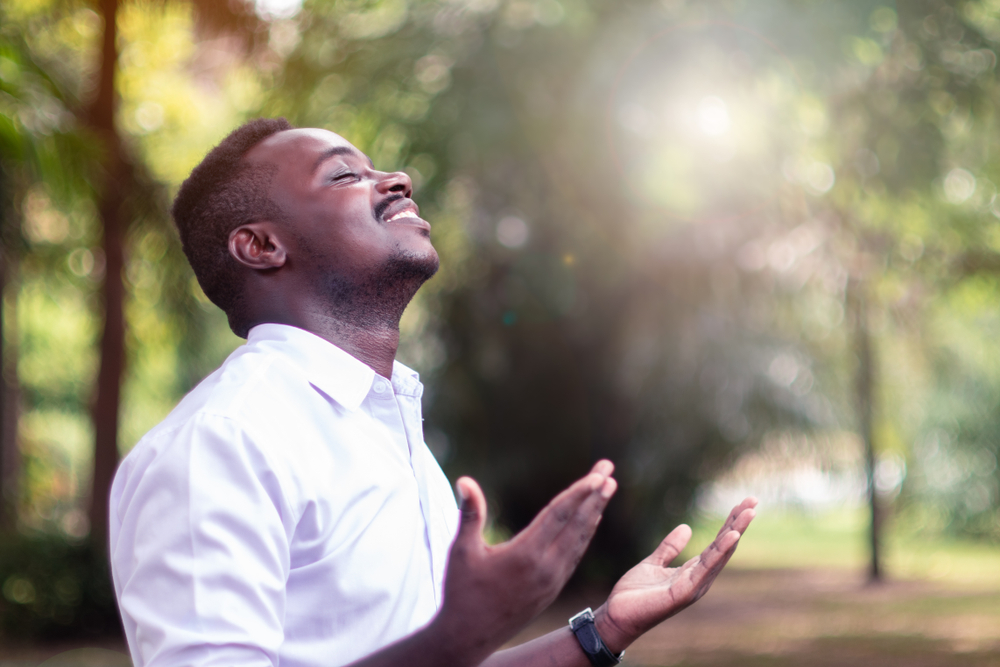
Seriously? Ask any Catholic about a great parish festival, post-Mass coffee hour, any event involving an Irish Catholic with a sense of humor… There’s joy, fellowship, and yes, FUN, in the Catholic tradition! Rules and the weight of history exist, but so does a spirit of celebration and appreciating the good things in this life as gifts from God.
Enjoy this piece? Give it a like and follow PsychLove on MSN for more!



